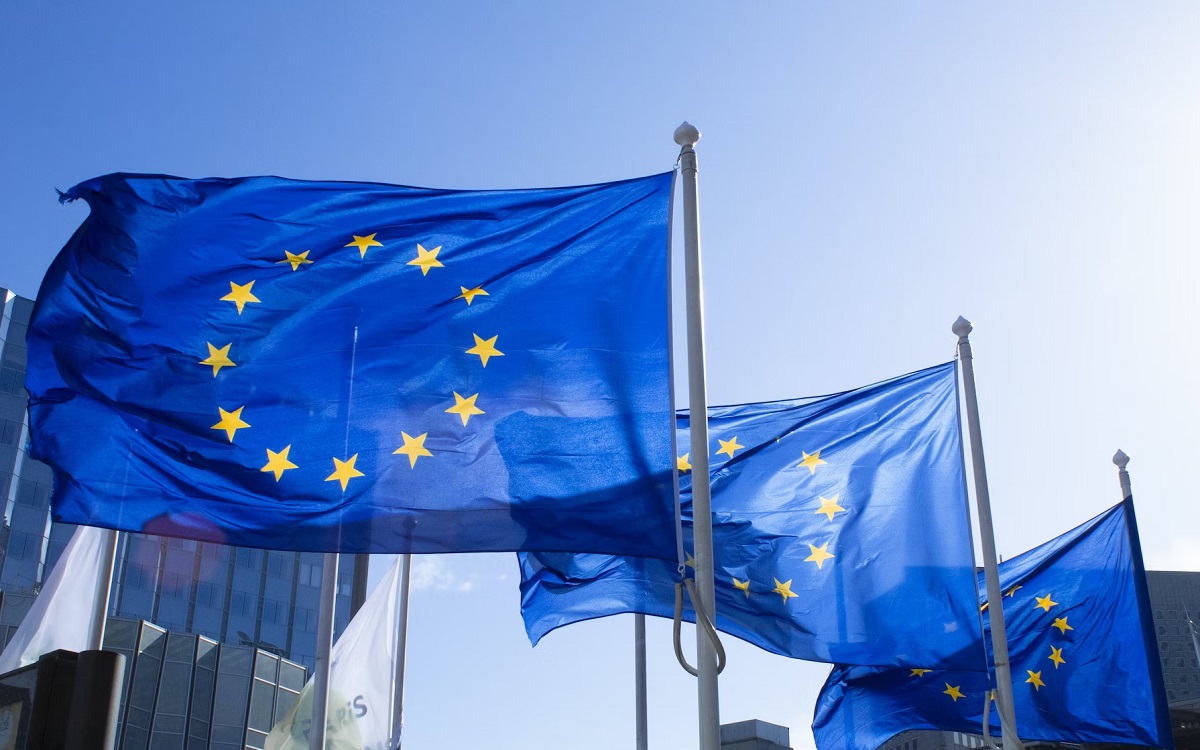Major privacy laws - including GDPR - could be downgraded to try and boost AI growth and cut red tape
Could the EU rewrite GDPR to boost AI development?

Sign up for breaking news, reviews, opinion, top tech deals, and more.
You are now subscribed
Your newsletter sign-up was successful
- European proposal to amend GDPR/privacy laws expected soon
- Anonymized data may no longer always be protected by such laws
- The EU has already blocked or delayed may AI developments
New documents seen by Politico suggest some European privacy laws, like GDPR, could soon be eased to boost European competitiveness and support AI innovation.
A proposal, expected on November 19, 2025, could see a new ‘digital omnibus’ package revealed to simplify tech laws.
Such a change could allow AI developers to process some categories of data, like political views, religion and health, for training purposes.
Europe might change how AI trains on your data
Politico suggests pseudonymized data – anonymized by removing personally identifiable information – could no longer always be protected by laws like GDPR, which means it could go on to be used in AI training.
Furthermore, websites and apps may gain broader legal grounds for tracking users beyond consent.
However, these changes could be “targeted” and technical, which means that the core GDPR principles would not be altered.
That said, the potential changes have already garnered scrutiny – changing GDPR, which is still a relatively new law and one that’s been welcomed by those with an eye on privacy – would risk political scrutiny.
Sign up to the TechRadar Pro newsletter to get all the top news, opinion, features and guidance your business needs to succeed!
GDPR architect Jan Philipp Albrecht warns a change could “[undermine] European standards dramatically.”
“Is this the end of data protection and privacy as we have signed it into the EU treaty and fundamental rights charter,” Albrecht wrote.
The Czech Republic, Estonia, France, Austria and Slovenia have already opposed to a GDPR rewrite.
Germany appears to be in support of such a change, while Finland seems to welcome changes that benefit European AI competitiveness.
On a global scale, these protective measures have been slated for holding Europe back amid growth by the US and China in terms of AI development. EU privacy regulators have already delayed or blocked a number of AI rollouts by Meta, Google, OpenAI and others.
The European Commission has not yet publicly declared changes to GDPR and/or other privacy rules, but expectations that this could happen in the coming days have started discussions on both sides of the coin.
Follow TechRadar on Google News and add us as a preferred source to get our expert news, reviews, and opinion in your feeds. Make sure to click the Follow button!
And of course you can also follow TechRadar on TikTok for news, reviews, unboxings in video form, and get regular updates from us on WhatsApp too.
With several years’ experience freelancing in tech and automotive circles, Craig’s specific interests lie in technology that is designed to better our lives, including AI and ML, productivity aids, and smart fitness. He is also passionate about cars and the decarbonisation of personal transportation. As an avid bargain-hunter, you can be sure that any deal Craig finds is top value!
You must confirm your public display name before commenting
Please logout and then login again, you will then be prompted to enter your display name.
